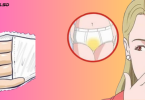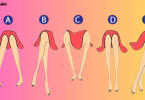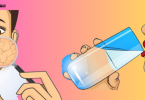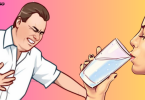Drooling during sleep is a condition that many people experience. In some cases, it is considered normal, but in others, it can be annoying. Saliva is considered a natural way to keep the mouth moist and teeth healthy, but when excessive saliva production occurs during sleep, a person should seek medical attention to determine the cause and learn how to combat the condition. In this article, we will discuss the causes of drooling during sleep and how to deal with them.
Causes of drooling during sleep:
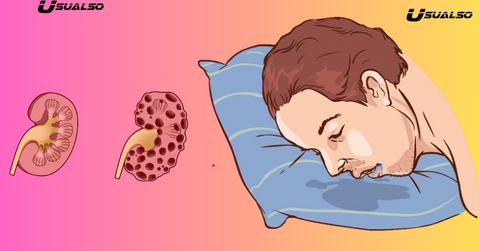
Mouth breathing:
Mouth breathing is a common cause of drooling during sleep. Breathing through the mouth instead of the nose increases the likelihood of dry mouth and increased saliva production.
Nasal congestion:
A stuffy nose can be another cause of drooling during sleep. When the nose is blocked, the pattern of breathing changes, breathing through the mouth, and the secretion of saliva increases.
Sleep disorders:
Some sleep disorders, such as excessive daytime sleepiness and loss of mouth and tongue control (Alzheimer’s), can cause increased saliva production during sleep.
Drug effect:
Certain medications, such as those used to treat depression or antidepressants, can be one of the causes of increased saliva production.
Neurological causes:
Nervous stress and anxiety can cause increased salivation. Anxiety and psychological stress can be associated with changes in salivary function.
Fibrous dysplasia disorders:
Certain conditions that affect the fibrous tissue of the mouth can cause increased saliva production, such as gum or mouth infections.
Acid reflux:
Acid reflux can irritate the throat and mouth and increase saliva production, especially at night.

